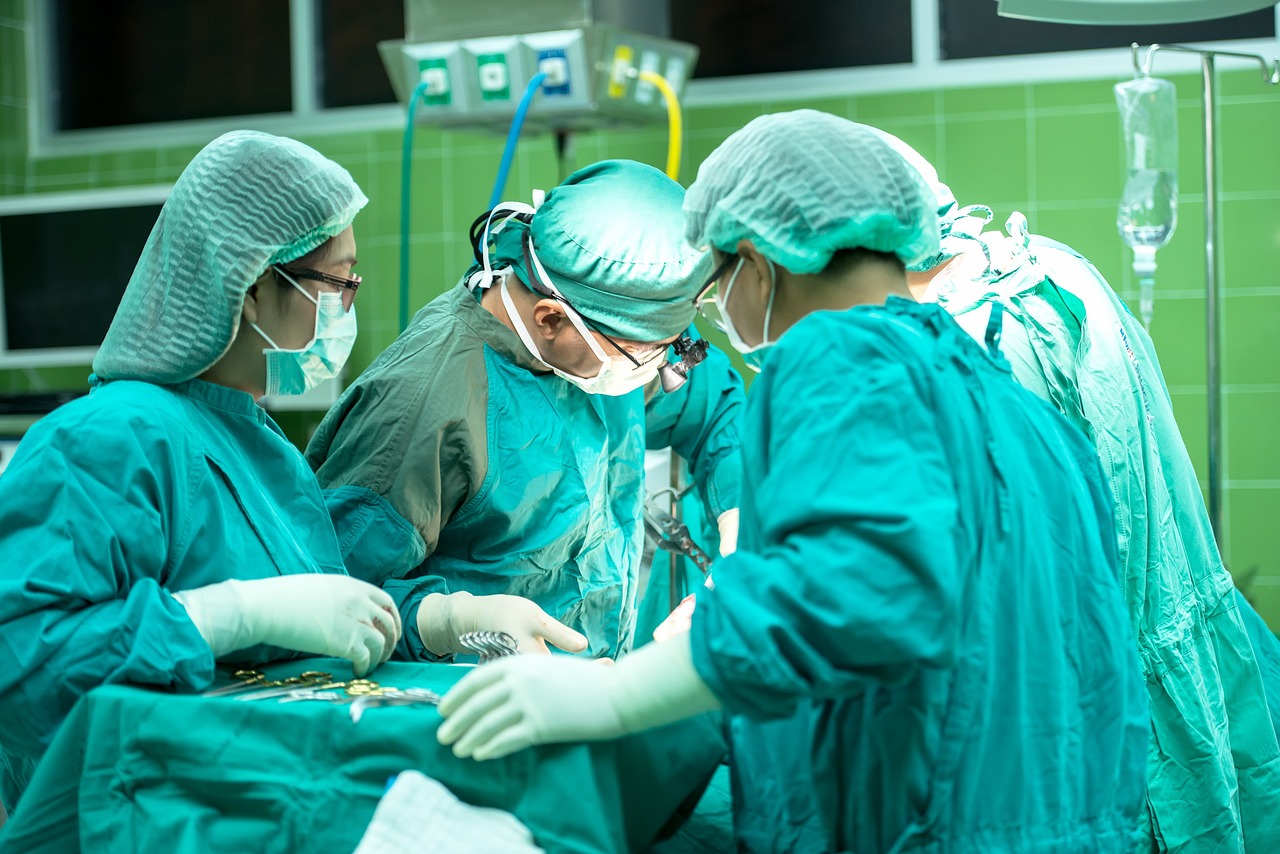
The answer is yes. New York Courts have unequivocally made clear that a plaintiff is not required to submit to an examination by a defendant’s doctor prior to having surgery. This is the case, even if the surgery is on a part of the body directly related to the lawsuit. The fact that a plaintiff had surgeries during lawsuit, before submitting to a physical exam conducted by the defendant, also cannot be the basis for an argument that evidence was destroyed and is thus unusable.
Fadeau v. Corona Industries was recently decided by the Appellate Division, Second Department. In Fadeau, the plaintiff was driving his car when it collided with a vehicle owned by Corona Industries and operated by one of its’ employees. As a result, the plaintiff experienced severe injuries to his back. During the subsequent lawsuit, the defendant sent the plaintiff a “DEMAND FOR PRE-SURGICAL INDEPENDENT MEDICAL EXAMINATIONS.”
Per the demand, the defendant stated the plaintiff had to inform them if they were to “schedule a surgical procedure related to injuries” from the “accident.” Also, if plaintiff was to have a surgery, defendant demanded they “appear for pre-surgical independent medical examinations.” The plaintiff, who had already had an operation on his back due to the injuries from the accident, proceeded to have a second surgery on his back, about 5 months after the defendants had served their demand.
In response, the defendants moved to strike the plaintiff’s pleadings and asked the court to prevent plaintiff from producing any evidence as it was unusable. The lower court denied the defendant’s motion. The defendants than appealed to the next level of the court system, the Appellate Division, where defendant again lost.
The Appellate Division considered the public policy implications in their opinion, including that it would be unreasonable to force a plaintiff to prolong suffering or pain, just so the defendant can examine them before the surgery.
However, the defendant would be able to have a doctor of their choosing examine all of the plaintiff’s medical records, and examine the plaintiff, after the plaintiff underwent surgery.